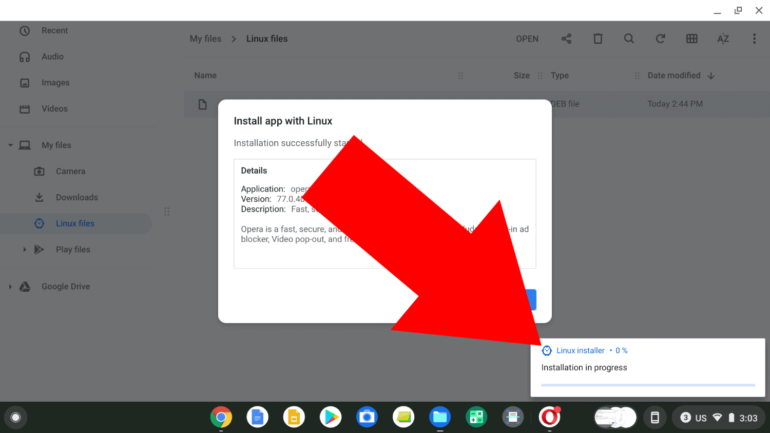Is it legal to use third-party plugins with a cone media player?
The use of third-party plugins with popular media players has stirred considerable discussion among users and legal experts. One such media player that often finds itself in the spotlight is the “cone media player,” a nickname commonly used to describe VLC Media Player due to its orange traffic cone icon. Given VLC’s widespread use and open-source nature, many individuals are interested in extending its functionality through plugins developed outside the official VLC ecosystem. However, this prompts an important question: Is it legal to use third-party plugins with a cone media player?
At its core, the legality of using third-party plugins hinges on various factors including the licensing of the media player, the license under which the plugin was developed, and the nature of what the plugin does. For cone media player (VLC), which is distributed under the GNU General Public License (GPL), the use of plugins is generally allowed, provided certain conditions are met.

Understanding the Licensing Terms
Table of Contents
The cone media player operates under the GNU GPL v2 or later. This open-source license permits the modification and distribution of the software, as long as the redistributed versions also remain open source and share the same license. This means that if someone creates a plugin that directly links with VLC’s code, that plugin must also be open source and distributed under the same license.
However, plugins that merely interface with VLC via public APIs, without incorporating or modifying its code, may not necessarily be subject to the same strict license terms. These plugins can be legally used, even if they are not open-source themselves. That said, this is a nuanced area and developers often tread carefully to ensure compliance.
Legality of Usage vs. Distribution
It’s important to distinguish between the use of a third-party plugin and its distribution. Users who download and use such plugins on their personal devices are usually not violating any laws, especially if the media player allows plugin loading via external files. The real complexity arises when a third party decides to distribute VLC bundled with proprietary or non-compliant third-party plugins.
According to the VLC developers, redistributing VLC bundled with closed-source plugins can violate the GPL, potentially leading to legal issues. Therefore, while individual users are generally safe using plugins, developers distributing modified versions face stricter legal scrutiny.

Safety and Security Concerns
While the legal aspect is one concern, users should also consider the safety of third-party plugins. Unlike officially supported extensions, third-party plugins may be poorly maintained or contain malicious code. As a result, it’s essential to only download plugins from reputable sources and to verify their authenticity and compatibility with cone media player.
Additionally, plugins that facilitate unauthorized activities—such as bypassing DRM or enabling piracy—are likely illegal regardless of their licensing. Users should be cautious and ensure that any third-party plugin they use does not contravene local or international copyright laws.
Conclusion
In general, using third-party plugins with cone media player is legal, particularly for individual, non-commercial use. VLC’s open-source license supports modification and customization through plugins, as long as licensing terms are respected. However, users should remain vigilant about where they obtain these plugins and the purposes for which they are used. When in doubt, consulting the plugin license or seeking legal advice can ensure full compliance with applicable laws.
FAQ
-
Q: Can I legally install a third-party plugin on VLC?
A: Yes, individuals can legally install third-party plugins for personal use, provided they don’t redistribute them in ways that violate the GPL license. -
Q: Are closed-source plugins allowed with cone media player?
A: They can be used if they connect via public APIs, but distributing them with VLC may violate license terms unless they’re also open-source. -
Q: Where can I find safe third-party plugins?
A: Reputable developer forums, official plugin directories, and trusted open-source communities are the best places to look. -
Q: What are the risks of using unofficial plugins?
A: Risks include exposure to malware, performance issues, and potential breaches of software license agreements. -
Q: Is it legal to create and distribute my own VLC plugin?
A: Yes, as long as you comply with the GPL license and ensure that the plugin itself doesn’t infringe on any copyrights or proprietary technologies.







